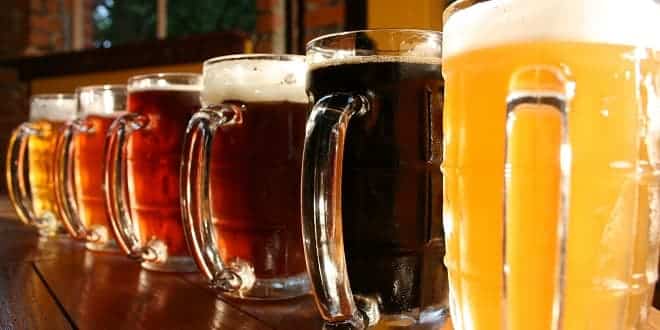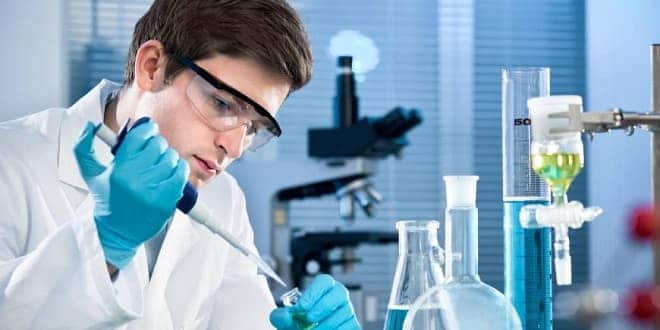Determination of Moisture
Chapter 5. Determination of moisture
Section 1. General
Moisture determiantion is one of important and most widely used measurements in the processing and testing of foods.
Dry matter
Stability and quality of foods
Chemical reactions
1. Water forms
Free water
Absorbed water
Bound water
2. Methods of moisture determination
Direct determinantion: remove the moisture in sample by the methods of drying, distillation and extration.
Indirect detremiantion: using sample’s density, refraction, conductivity or capacitance to measure the moisture content.
Direct determination: good accuracy and repetition, but spending long time.
Indirect determination: fast and automatic, but slightly week on accuracy .
Section 2. Determination of moisture
1. Drying methods
The procedures for determination the moisture content specified in food standards generally involve thermal drying methods.
The material is heated under carefully specified conditions and the loss of weight is taken as a measure of the moiture content of the sample.
Drying methods are:
Simple
Relatively rapid
Simultaneous analyses of large numbers of samples
Preconditions of drying methods
Water is the only volatile material.
Water can be removed drastically.
During heating, weight loss caused by chemical reactions in other components can be ignored.
1.1 Directly drying method
Principle: In certain tempatature (95-105℃) and pressure, samples are heated in oven and then water in samples is vaporized. The loss of weight is moisture content of samples.
Applying range: There is no other volatile materials besides water. furthermore, the sample is stable when heating.
…



